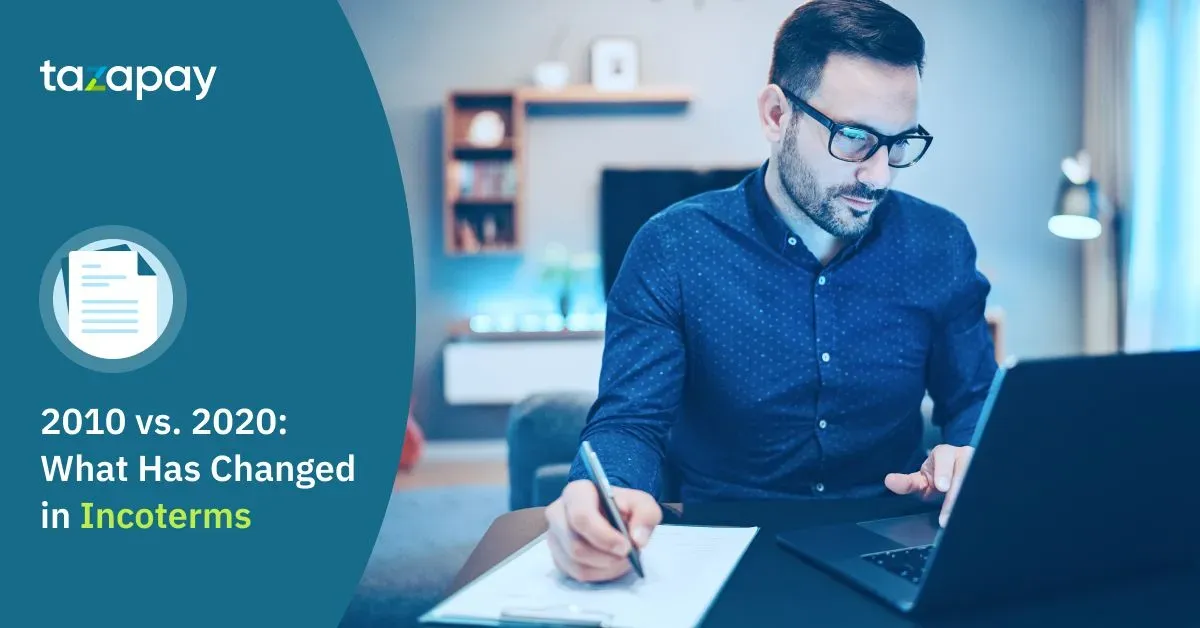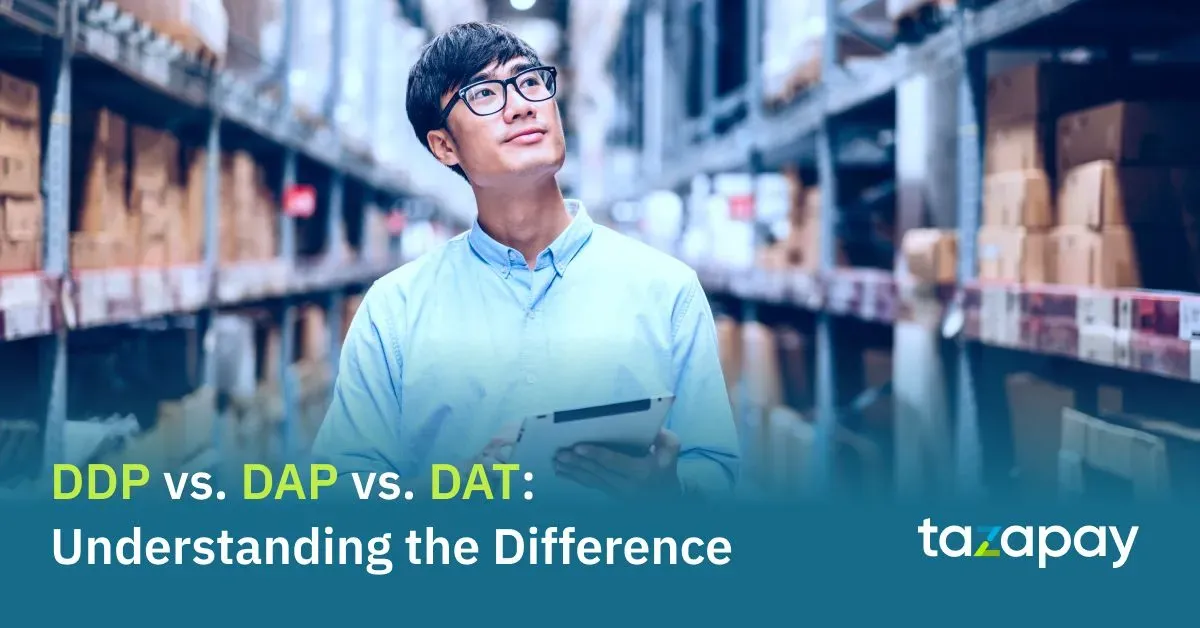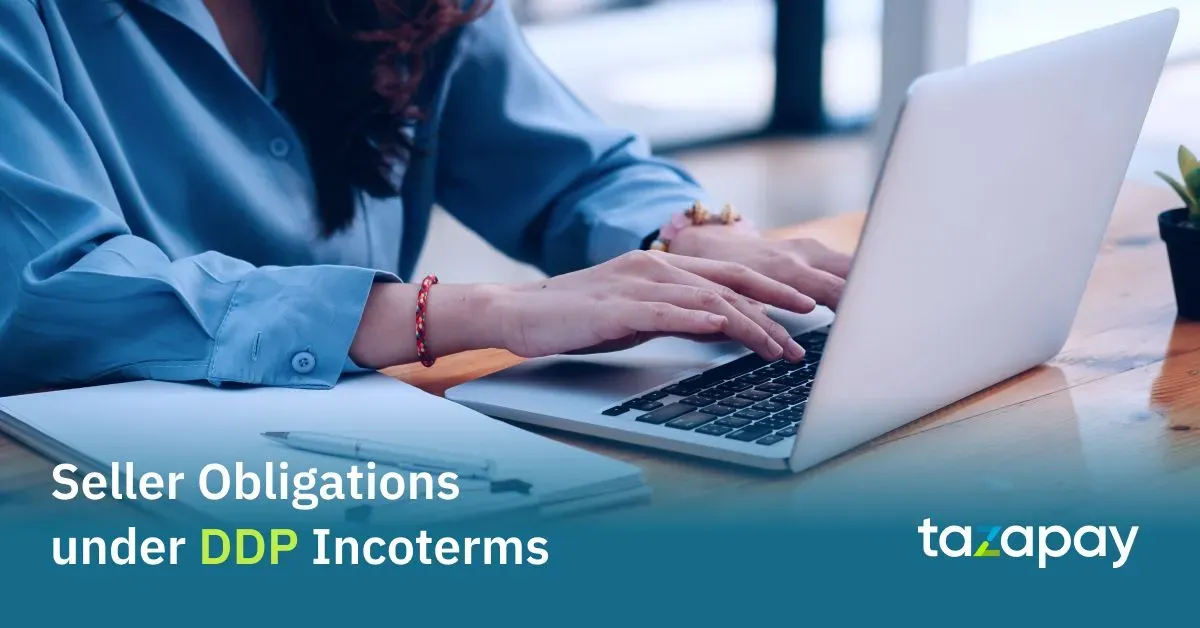- Home
Blog Blog
Customs & Incoterms Customs & Incoterms
2010 vs. 2020: What Has Changed in Incoterms
2010 vs. 2020: What Has Changed in Incoterms

The proliferation of the Internet, e-commerce, and opening up of international trade norms across the world have made it easier for buyers and sellers, importers and exporters across the world to conduct trade and business deals. The varying import and export norms and practices in different countries, however, present the risk of misunderstandings and disputes. To resolve these and to facilitate global trade the International Chamber of Commerce (ICC) has established the Intercoms (International Commerce Terms). The ICC reviews and updates the Intercoms every 10 years. Let us take a look at the changes introduced last year and try to discern their implications on trade.
Major changes to Intercoms - 2010 vs. 2020
1. Bills of Lading - In case of transport of shipment by container, FCA (Free Carrier) is preferred to FOB (Free On Board). This is because FCA makes the seller responsible for making goods available at their premises but FOB makes the seller responsible for placing the goods on board the shipping vessel. In the case of containers, the seller assumes the risks (by use of FOB) despite lacking control of the shipment at the destination port. To encourage the use of FCA and get an onboard bill of lading, the FCA terms have been changed.
2. Insurance under CIF and CIP - CIP (carriage and insurance paid to) makes the exporter or the seller only responsible for the delivery of the goods to the transport. It also means that the seller bears the cost of carriage and insurance of the goods to the agreed destination. CIF (carriage insurance and freight) is similar to CIP but is used only in maritime transport of goods. Intercoms 2020 makes it essential that CIP includes comprehensive all-risk insurance coverage. The insurance requirement for CIF remains unchanged.
3. DAT to DPU - Intercoms 2010 term DAT (delivered at terminal) is taken to mean that the goods shipped are deemed delivered once they are unloaded at the terminal specified in the agreement. This has been changed to DPU (delivered at place unloaded) to include different modes of transportation of goods. This makes the term more general and inclusive.
Several other minor changes have been made to Intercoms 2020 to help the development of global trade systems. These changes also reflect the strengthening of online systems and reliable escrow platforms such as Omoney. Omoney, the leading global payment gateway for B2B transactions, offers many different escrow solutions including the use of referral links, hosted and native escrow solutions. Apart from online escrow services through the Omoney site, businesses can now incorporate hosted pages from Omoney and integrate the API into their portal's native experience. This can be used to create escrow agreements, post-release instructions, and upload all trade-related details such as the shipment status, bank details, documents, etc. Apart from being highly secure and reliable, Omoney offers buyers and sellers unprecedented levels of confidence and comfort when it comes to B2B transactions.
Category

Customs & Incoterms
2010 vs. 2020: What Has Changed in Incoterms
Related Articles

DDP vs. DAP vs. DAT: Understanding the Difference

2010 vs. 2020: What Has Changed in Incoterms






